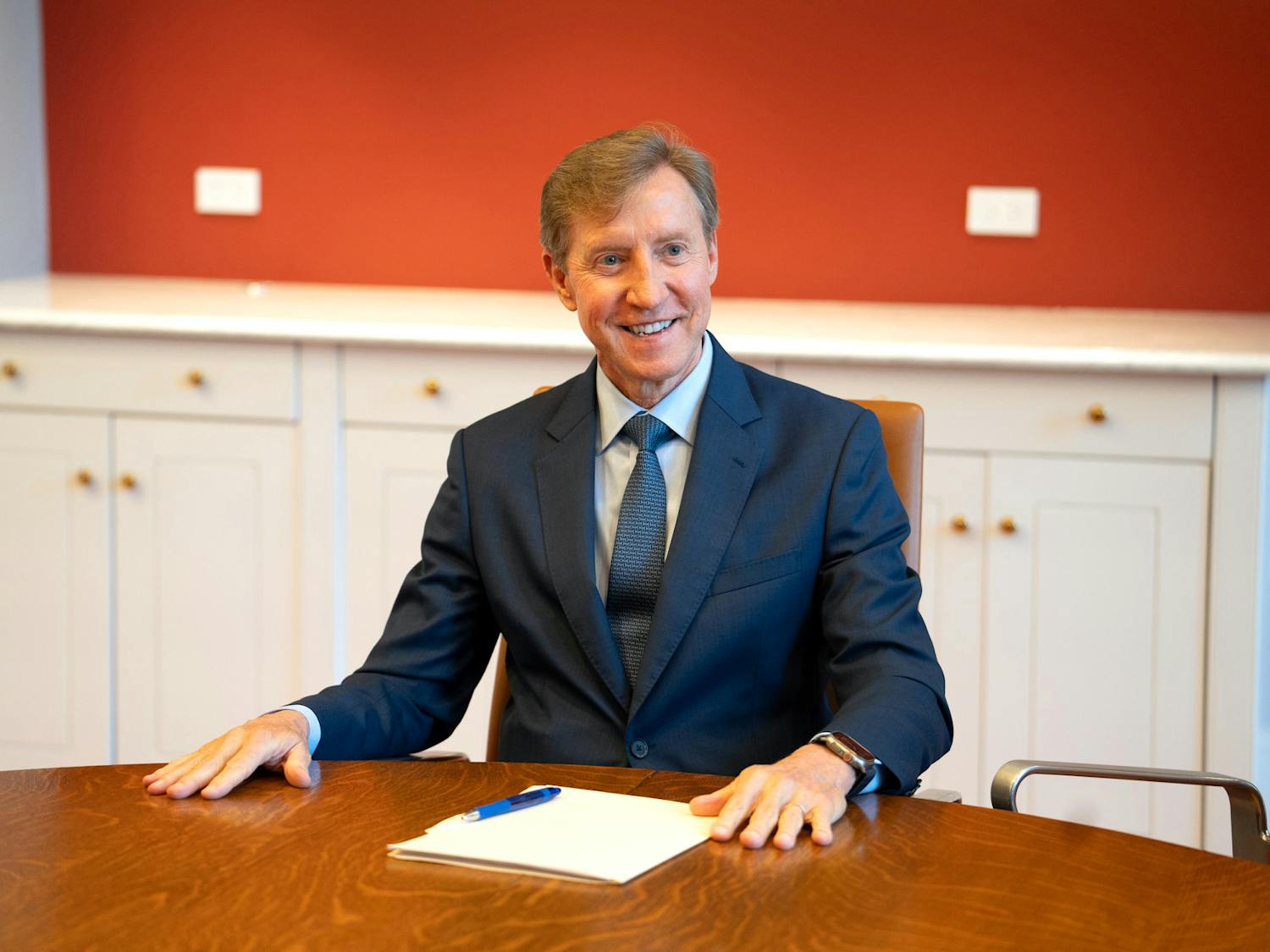On campus and across the country, words of hate abound. People are harassed about their sexual orientation, race or gender and often feel the system cannot help them. Such actions are wrong, Anthropology Professor Peggy Sanday said, and promote a harsh environment which hinders individuals from reaching their full potential. Sanday was one of four panelists in a round-table discussion of freedom of expression at Kings Court/English House Tuesday night. She stressed that "fighting words" create an environment in society that hinders the success of minorities. Social Work Professor Louis Carter, who was also a panelist, agreed, saying the only way to combat and change this environment is to draw a line defining what people can and cannot say. But panelist John Bull, assistant to the editor of the Philadelphia Inquirer, said he believes that it is impossible to draw such a line. In working at the Inquirer, Bull has found that every word printed in the news will be offensive to someone, and that it is impossible to predict what words will be offensive to whom, he said. In order to preserve the First Amendment, he said, a "marketplace of ideas" must be maintained to create open-mindedness and tolerance. He added that when a muzzle is established to erase hateful words from society, the hate will be forced inward and will increase in strength. During his presentation to the approximately 10 people at the program, panelist Joseph Fritz, an attorney in Philadelphia and representative of the American Civil Liberties Union, cited the ACLU's policy for college campuses as a basis for helping universities cope with issues surrounding freedom of expression. Bull said he agrees with the ACLU document, which states there must be openness on campuses and that universities should not seek to enact codes banning or restricting freedom of expression. Fritz said it is the ACLU's philosophy that the only way to combat hatred and prejudice is through education. People of diverse backgrounds must come together with open minds and learn to respect other people's differences, even if it is impossible to agree with them, he said. Although the discussion did not produce a perfect solution to the free speech dilemma, those who attended said they gained a better understanding of both view points in the debate. Social Work graduate student Daren Wade, who moderated the panel and is a program assistant at Kings Court/English House, said the discussion was successful in bringing together both sides of the issue.
The Daily Pennsylvanian is an independent, student-run newspaper. Please consider making a donation to support the coverage that shapes the University. Your generosity ensures a future of strong journalism at Penn.
Donate







